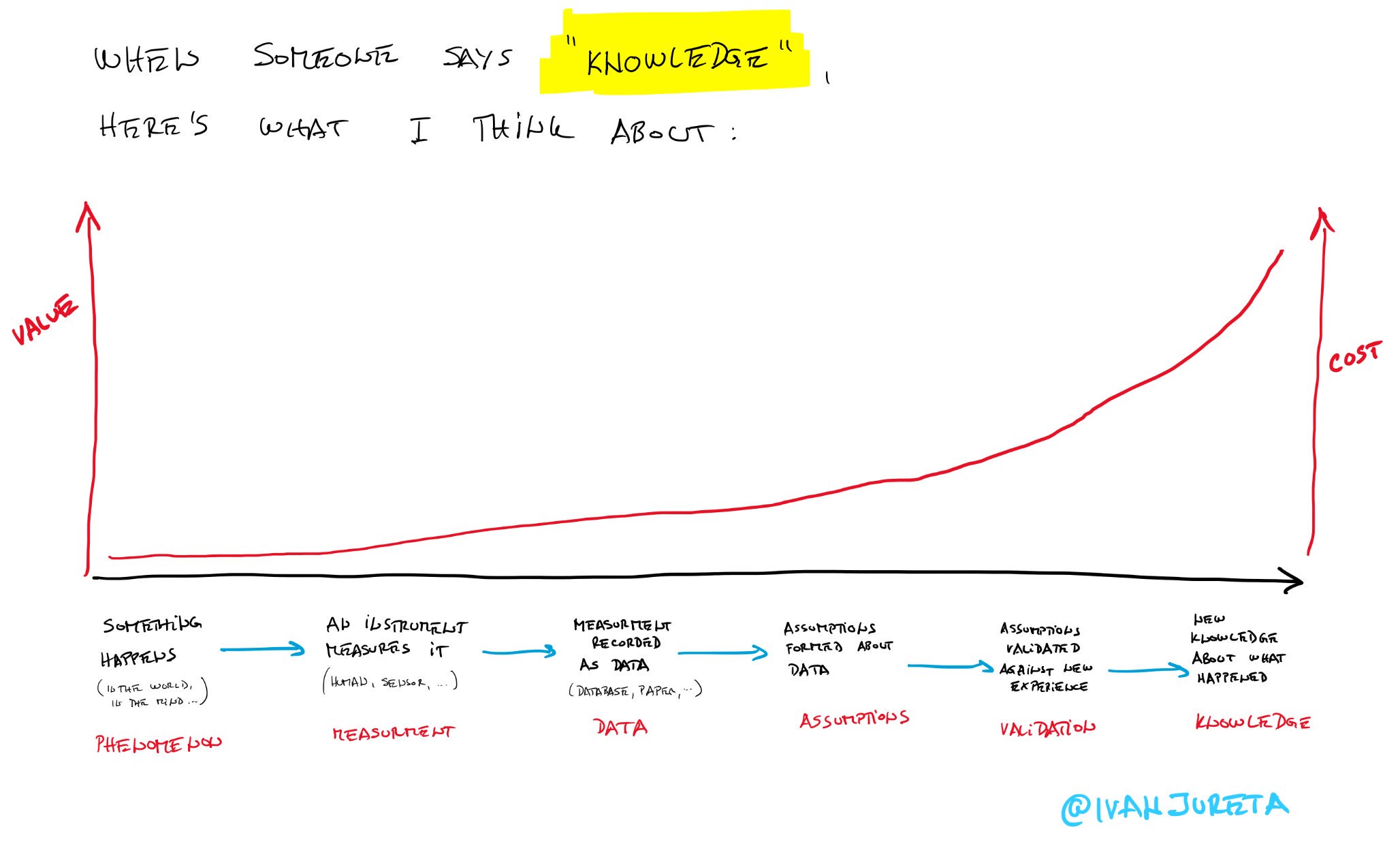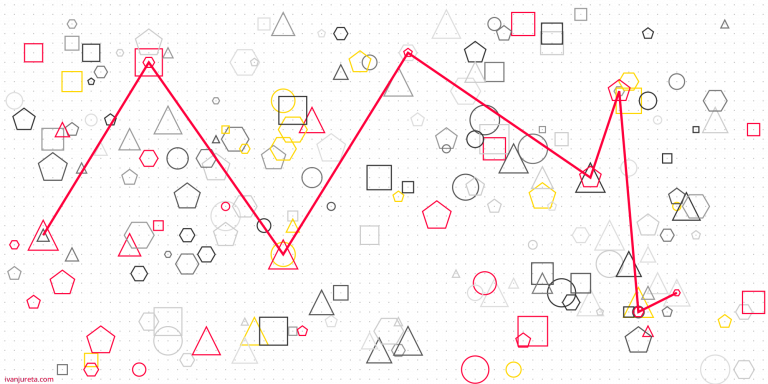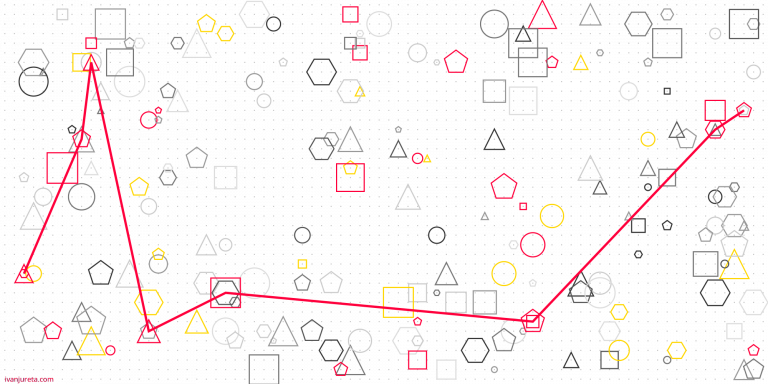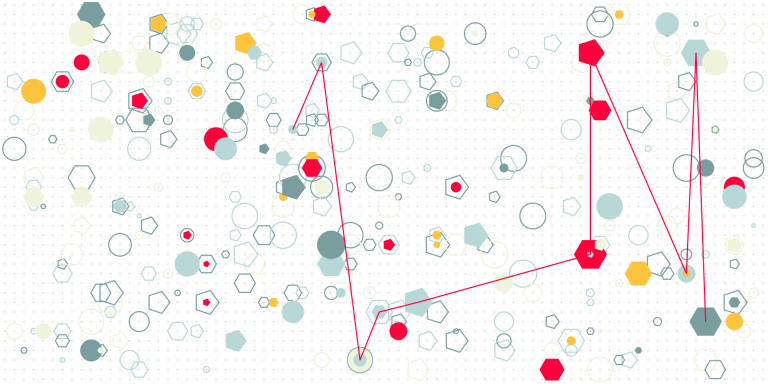No Knowledge is Simple


What do you think #Knowledge is, when we talk about #ai? pic.twitter.com/yeDOZeUIfA
— ivanjureta (@ivanjureta) January 28, 2018
A service-oriented system should be engineered to satisfy the requirements of its stakeholders. Requirements are understood in terms of stakeholder goals, softgoals, quality constraints, preferences, tasks, and domain assumptions. The service-oriented system is viewed in terms of services, mediators, choreographies, and orchestrations, among others. To engineer the system according to requirements, it is necessary to…
Initial software quality requirements tend to be imprecise, subjective, idealistic, and context-specific. An extended characterization of the common Softgoal concept is proposed for representing and reasoning about such requirements during the early stages of the requirements engineering process. The types of information often implicitly contained in a Softgoal instance are highlighted to allow richer requirements…

This is the first of several notes which will introduce concepts necessary to design and do decision governance. The aim is to develop a more precise idea of what decision governance is, how it works, and what it means to design it and evaluate its benefits and costs. The focus in this first note is…

Decision rights are entitlements to act in a certain way and have access to specific information and resources required to make decisions. An executive may be asked to decide if an investment should be made or not, a manager may be deciding between candidates to hire – both are entitlements to make a decision. The…

Can “an artificial intelligence machine be an ‘inventor’ under the Patent Act”? According to the Memorandum Opinion filed on September 2, 2021, in the case 1:20-cv-00903, the US Patent and Trademark Office (USPTO) requires that the inventor is one or more people [1]. An “AI machine” cannot be named an inventor on a patent that…